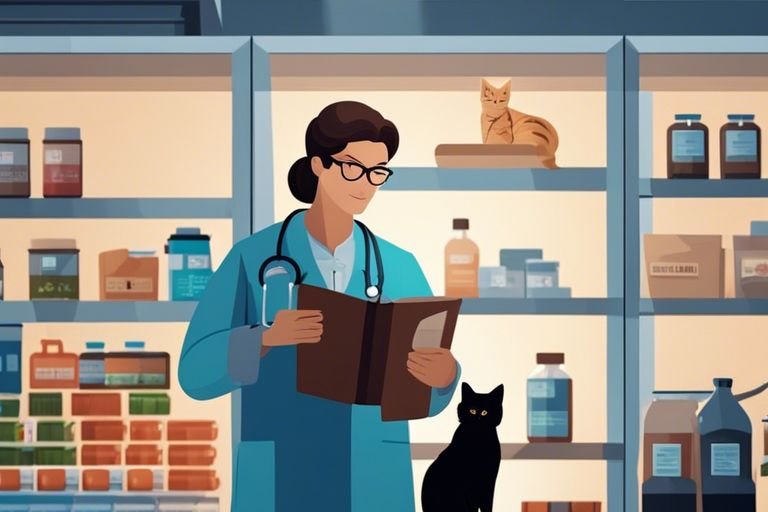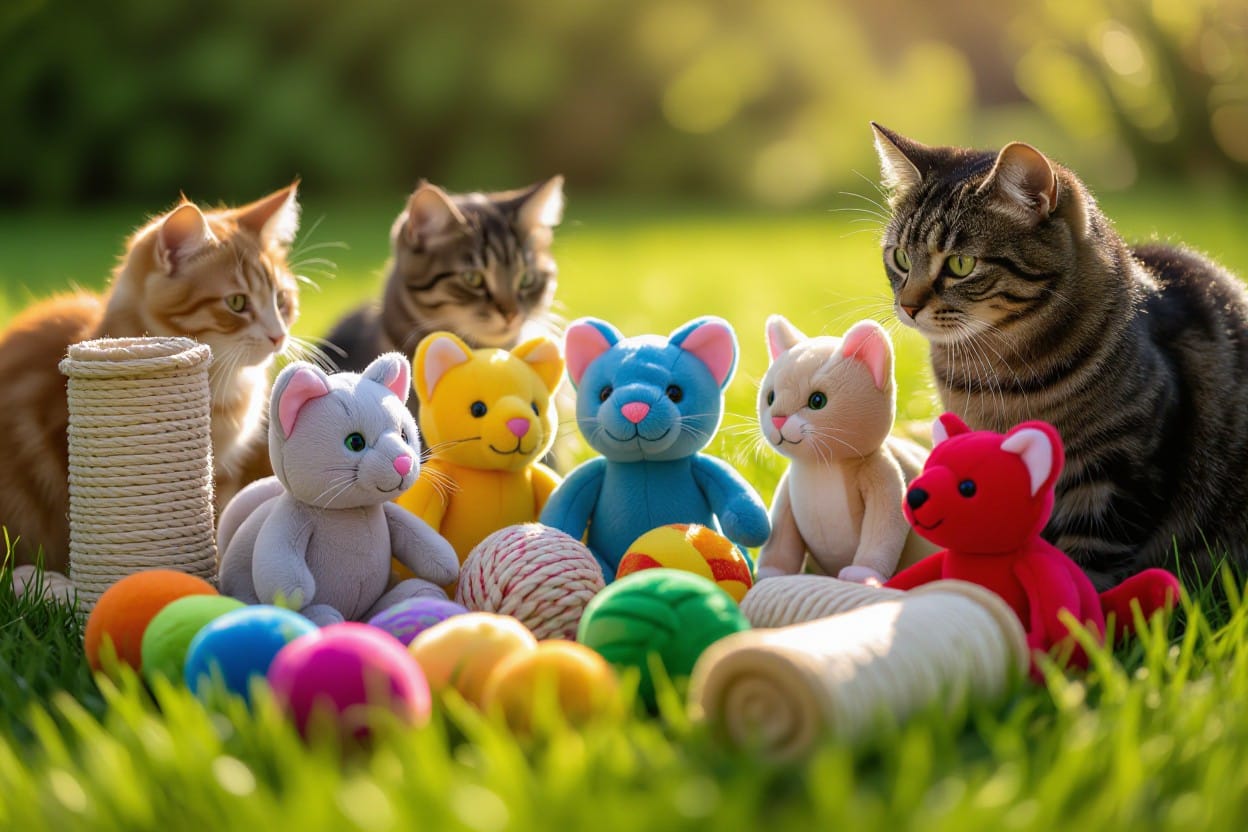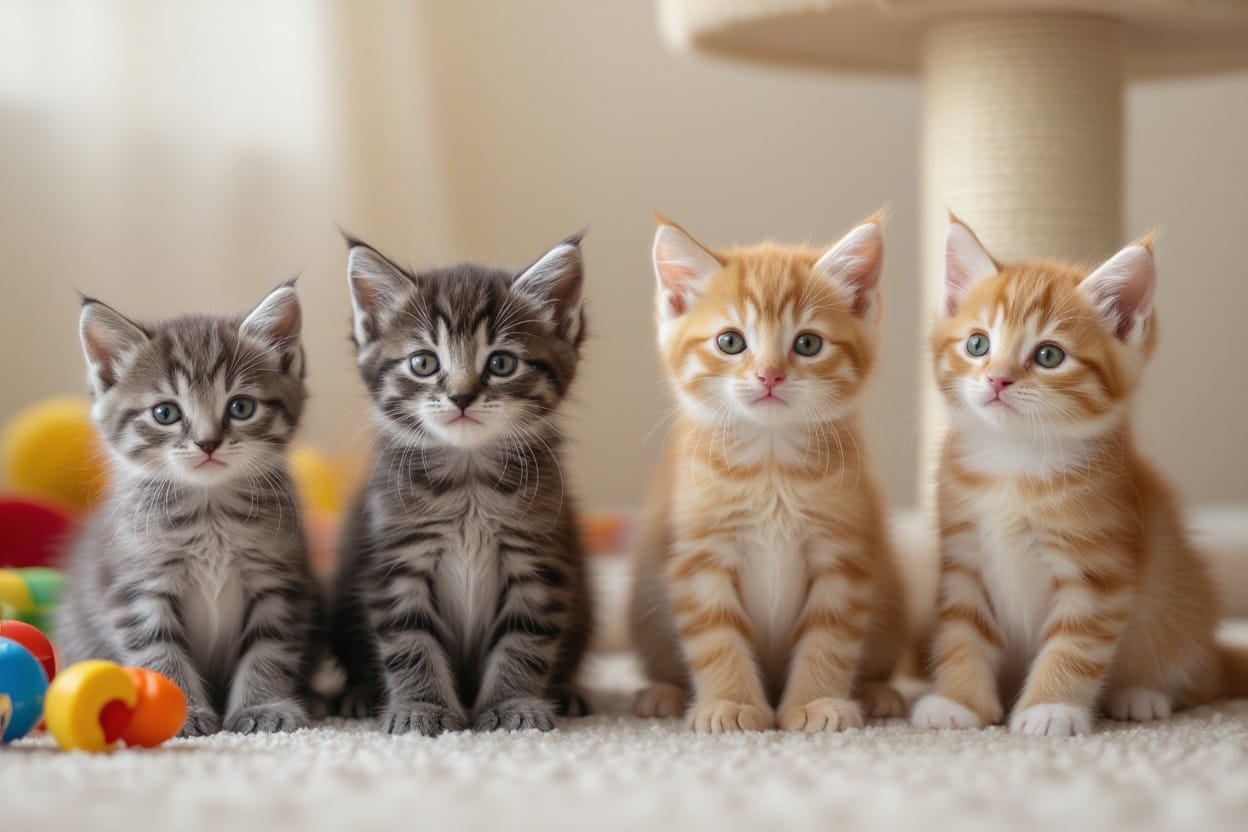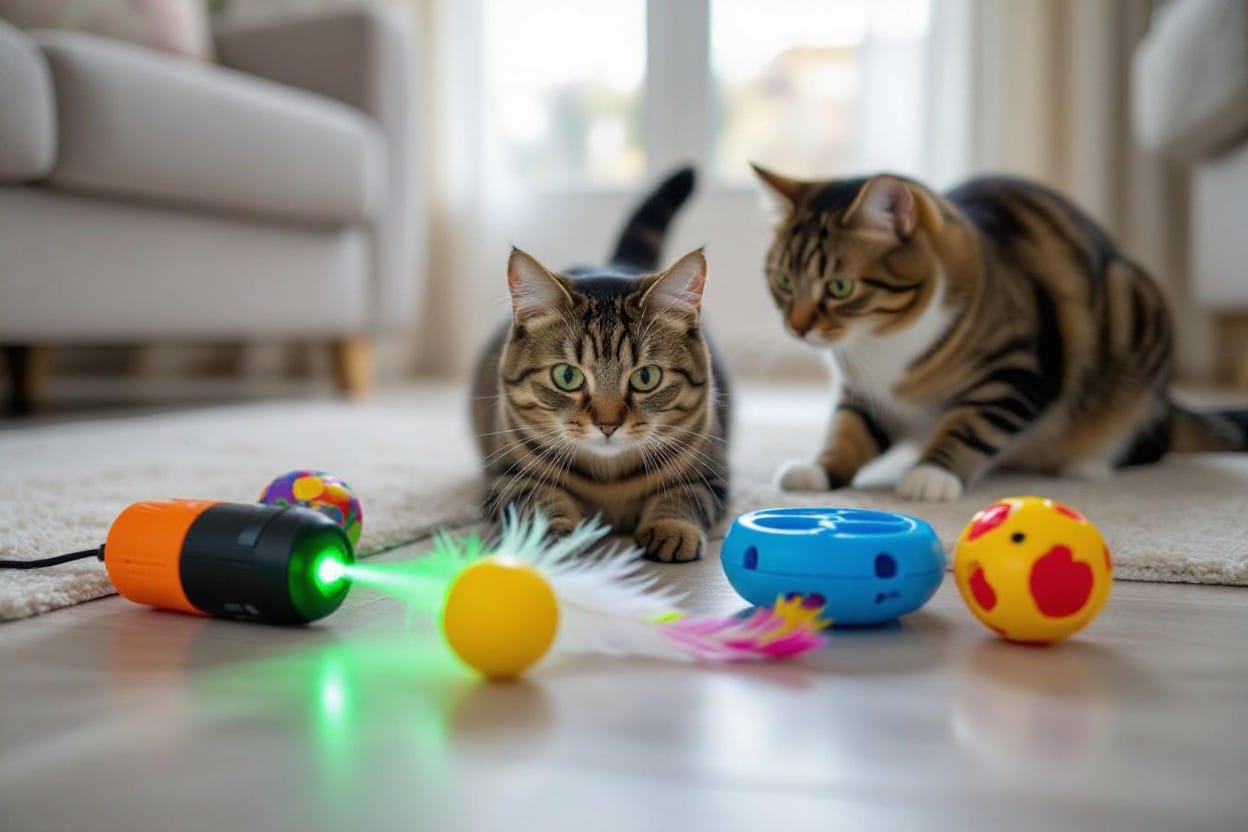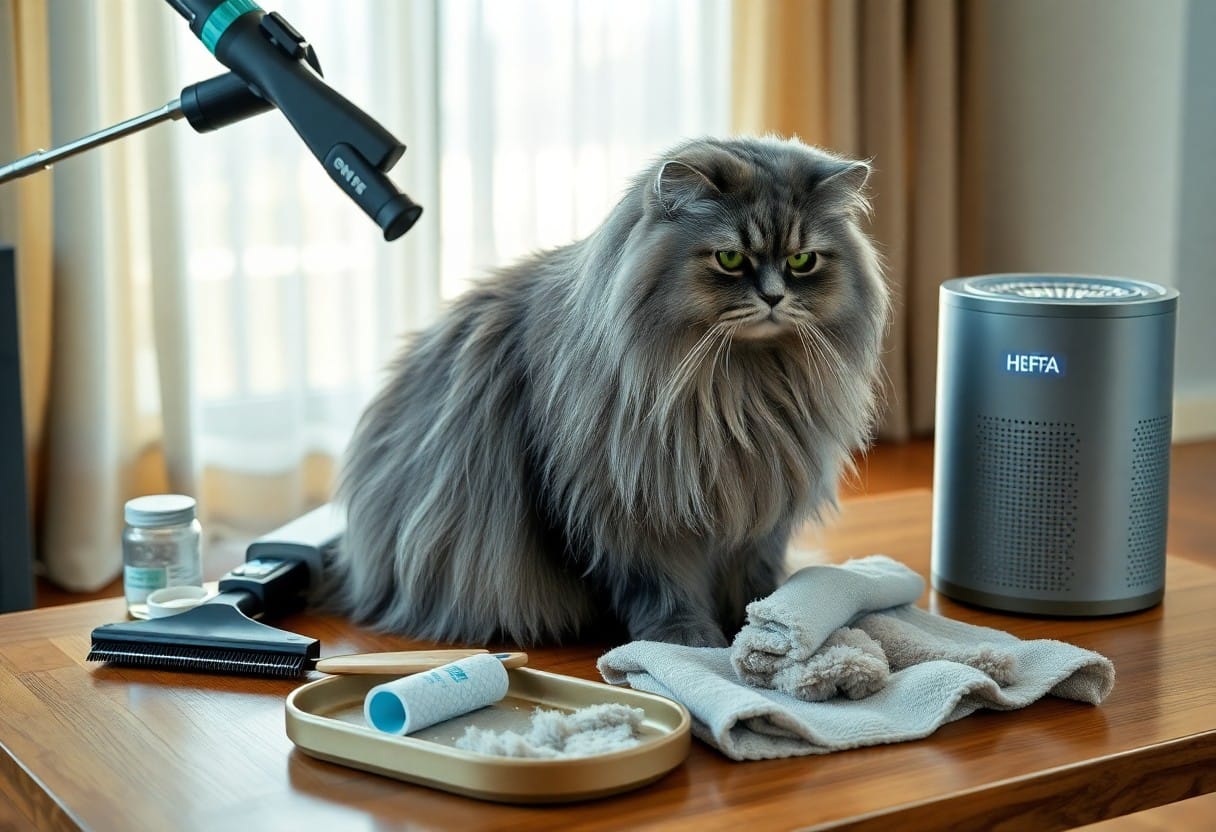This comprehensive guide will provide you with vital knowledge on how to recognize and prevent common cat health issues. From dental problems to obesity, urinary tract infections to hairballs, understanding the signs and implementing preventive measures will ensure your feline friend leads a healthy and happy life. By staying informed and proactive, you can help your beloved pet thrive and avoid unnecessary discomfort or health complications.
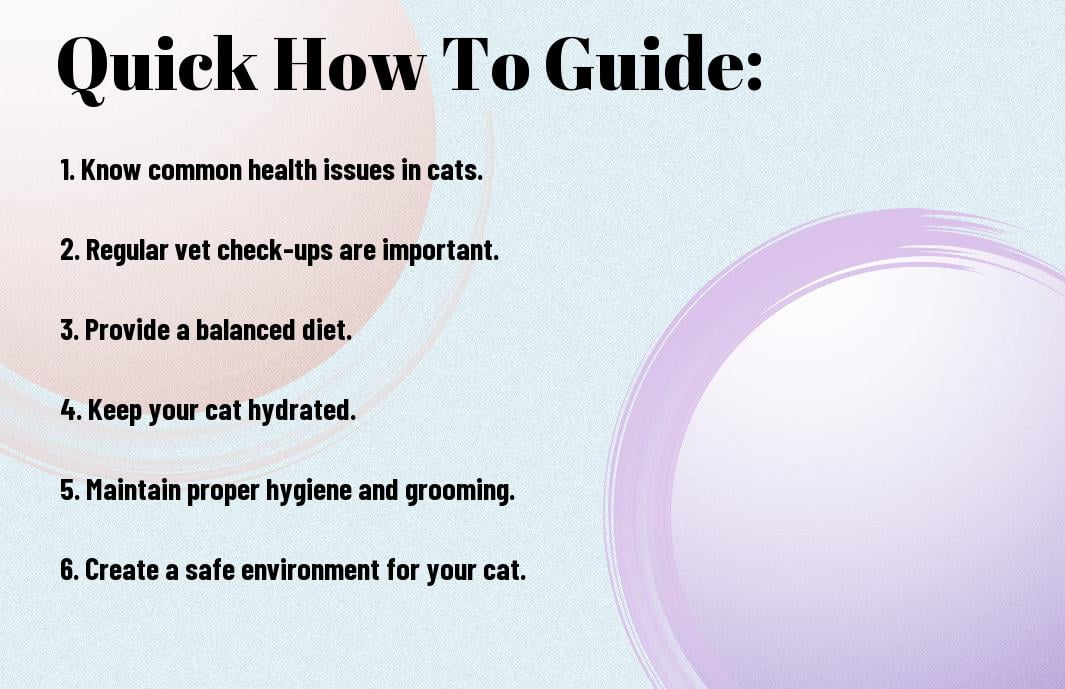
Understanding Feline Biology
Decoding Cat Behavior and What It Can Tell Us About Their Health
The biology of a cat is fascinating, especially when it comes to understanding their behavior. Cats are known for being independent and mysterious creatures, but their behavior can also give us insights into their health. For example, changes in eating habits, grooming patterns, or litter box usage can indicate underlying health issues. By observing your cat’s behavior closely, you can be more proactive in detecting and addressing any potential health concerns early on.
Overview of a Cat’s Physiological Health
You might think your cat is just a fluffy ball of fur, but their physiological health is a complex system that requires attention. From their digestive system to their immune system, cats have specific needs that must be met to ensure they stay healthy. Regular vet check-ups, a balanced diet, and proper hydration are important components in maintaining a cat’s overall physiological health.
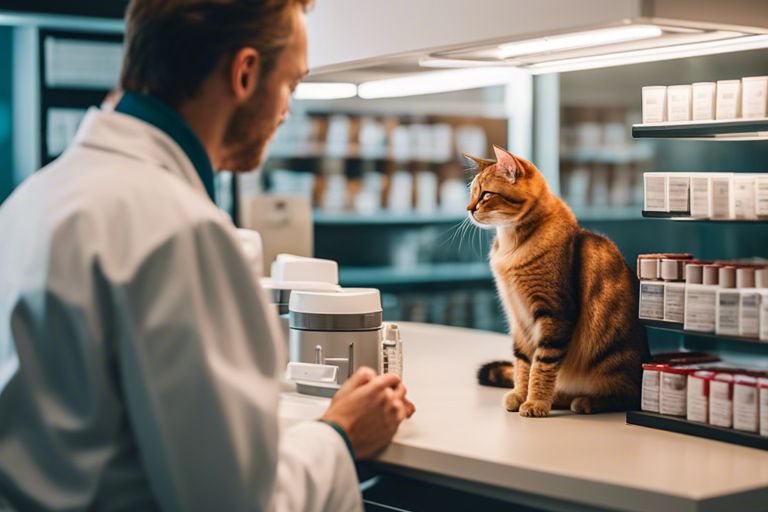
Nutrition and Diet
Essential Nutrients for a Healthy Cat
One of the most crucial aspects of maintaining your cat’s overall health is ensuring they receive the vital nutrients in their diet. Cats require a balanced diet that includes proteins, fats, carbohydrates, vitamins, and minerals to thrive. Proteins are particularly important for cats as they are obligate carnivores, meaning they must consume meat to meet their dietary needs.
How-to Identify Suitable Cat Food Options
The key to choosing suitable cat food options lies in reading and understanding the labels on the packaging. Look for food that is labeled as “complete and balanced” to ensure it meets all of your cat’s nutritional needs. Additionally, consider factors such as your cat’s age, weight, and any specific health concerns when selecting the right food for them.
Options such as dry kibble, wet food, or a combination of both can be suitable for your cat, depending on their preferences and dietary requirements. Consult with your veterinarian to determine the best food options for your cat’s individual needs.
Factors Influencing Feline Nutrition
- The age and life stage of the cat
- Any existing health conditions or allergies
- Activity level and weight management
On top of these factors, it’s vital to consider the quality of ingredients in your cat’s food. The ingredients list on the packaging can give you valuable insights into the nutritional value of the food. The higher the quality of ingredients, the better the overall nutrition your cat will receive.
Plus
- Consulting with a veterinarian or feline nutritionist can provide personalized recommendations
Preventative Care and Regular Check-Ups
How-To Create a Preventative Care Routine
Keep your cat healthy and happy by establishing a regular preventive care routine. This includes scheduling annual check-ups with your veterinarian, where they can conduct thorough physical exams, administer vaccines, and address any health concerns.
Tips for a Stress-Free Vet Visit
One of the keys to maintaining your cat’s health is ensuring they have regular veterinary check-ups. To make the experience less stressful for your feline friend, consider using a secure and comfortable cat carrier to transport them to the vet. Additionally, try to keep a calm demeanor yourself, as pets can pick up on their owners’ emotions.
- Use familiar bedding or toys to help comfort your cat during the visit.
- Ensure your cat has access to fresh water and a litter box before and after the trip to the vet.
More on Tips for a Stress-Free Vet Visit
An important aspect of preventative care is making vet visits as stress-free as possible for your cat. This can help reduce anxiety and make future visits easier. One way to achieve this is by familiarizing your cat with their carrier well in advance of the appointment. Leave it out in your home with some treats or toys inside to create positive associations.
- Take short practice drives with your cat leading up to the vet visit to accustom them to the motion of the car.
- Remain calm and reassuring during the vet visit to help keep your cat relaxed.
Common Feline Diseases and Conditions
Dental Disease in Cats: Prevention and Care
Now, dental disease is a prevalent issue among cats, with signs such as bad breath, difficulty eating, and swollen gums indicating a problem. Regular dental care is crucial to prevent the buildup of plaque and tartar, which can lead to more severe conditions such as gingivitis and periodontal disease. Brushing your cat’s teeth regularly and providing dental treats or toys can help in maintaining good oral health.
Skin Conditions: How-To Identify and Treat
Clearly, keeping an eye on your cat’s skin is crucial as skin conditions like allergies, fungal infections, and parasites can occur. If you notice your cat excessively scratching, licking, or if you see redness, bald patches, or sores on their skin, it’s important to consult your veterinarian. Treatments may include medicated shampoos, topical ointments, or dietary changes to manage skin issues effectively.
To further assist in identifying and treating skin conditions, be mindful of any environmental changes that may have triggered the problem. Consulting your vet for a proper diagnosis and treatment plan is crucial to ensure your furry friend’s skin health.
The Threat of Obesity: Factors and Prevention
With obesity becoming a common issue in cats, understanding the factors contributing to this condition is vital. Factors like overfeeding, lack of exercise, and certain health conditions can lead to obesity in cats. To prevent obesity, ensure proper portion control, engage your cat in regular play sessions, and provide a balanced diet.
- Monitor your cat’s weight regularly.
- Avoid free-feeding and establish a feeding schedule.
Disease risks like diabetes, arthritis, and heart disease can be associated with obesity, underscoring the importance of maintaining a healthy weight for your cat. To prevent these serious health issues, prioritize weight management and active living for your feline companion.
-
- Provide interactive toys and engage your cat in play activities.
- Consult your veterinarian for a tailored diet and exercise plan.
Urinary Tract Health: Tips for Maintaining a Healthy System
On the front of urinary tract health, cats are prone to issues like urinary tract infections, crystals, and blockages. Ensure your cat stays hydrated by providing fresh water and a balanced diet. Keep an eye out for symptoms like frequent urination, straining in the litter box, or blood in the urine, as these could indicate a problem.
- List
-
- Recognizing signs of discomfort or distress when urinating is crucial for early detection of urinary tract issues.
-
Parasitic Prevention and Control
Once again, it is crucial for cat owners to prioritize parasitic prevention and control to ensure the well-being of their furry friends. Parasites like fleas, ticks, and worms can wreak havoc on your cat’s health if left unchecked.
How-To Protect Your Cat From Fleas and Ticks
For effective prevention against fleas and ticks, use veterinarian-recommended flea and tick prevention products. These products come in various forms such as spot-on treatments, collars, and oral medications. Regularly inspect your cat’s fur for signs of fleas or ticks, especially if they spend time outdoors. If you find any, promptly remove the parasites using a flea comb or tweezers to prevent further infestation.
Tips for Preventing Worm Infestations
The key to preventing worm infestations in your cat is to maintain a clean living environment. Regularly clean your cat’s litter box and bedding to reduce the risk of worm eggs contaminating the area. Additionally, administer deworming medications as recommended by your veterinarian to target and eliminate any existing worm infections.
-
-
- Regularly clean your cat’s living space to prevent the buildup of parasites.
- Administer deworming medications as advised by your veterinarian to target existing worm infections.
-
The importance of preventative measures cannot be overstated when it comes to protecting your cat from parasites. Assume that your cat is susceptible to parasitic infestations, and take proactive steps to safeguard their health.
Behavioral Health and Wellbeing
Many cat owners may not realize that their feline companions can experience stress and anxiety, just like humans do. Recognizing the factors that contribute to feline stress and anxiety is crucial in ensuring the overall wellbeing of your cat.
Factors Contributing to Feline Stress and Anxiety
-
-
- Change in environment or routine
- Lack of stimulation or interaction
- Litter box issues
-
Knowing the signs of stress in cats, such as excessive grooming, hiding, or aggression, can help you address these issues promptly.
How-To Create a Stimulating Environment for Indoor Cats
Stress in indoor cats can often be attributed to a lack of mental and physical stimulation. Creating an enriching environment for your cat can help prevent behavioral issues and promote their overall wellbeing.
Health: To enrich your cat’s environment, provide opportunities for climbing, scratching, and exploring. Interactive toys, puzzle feeders, and vertical spaces can keep your cat engaged and mentally stimulated.
Tips for Dealing with Common Behavioral Issues
-
-
- Address any underlying medical issues first
- Use positive reinforcement training
- Provide a safe space for your cat to retreat to
-
Assume that any sudden changes in your cat’s behavior could be a sign of an underlying issue that needs to be addressed promptly.
Stress: With patience and understanding, most behavioral issues in cats can be successfully managed. It’s important to address the root cause of the problem rather than simply treating the symptoms.
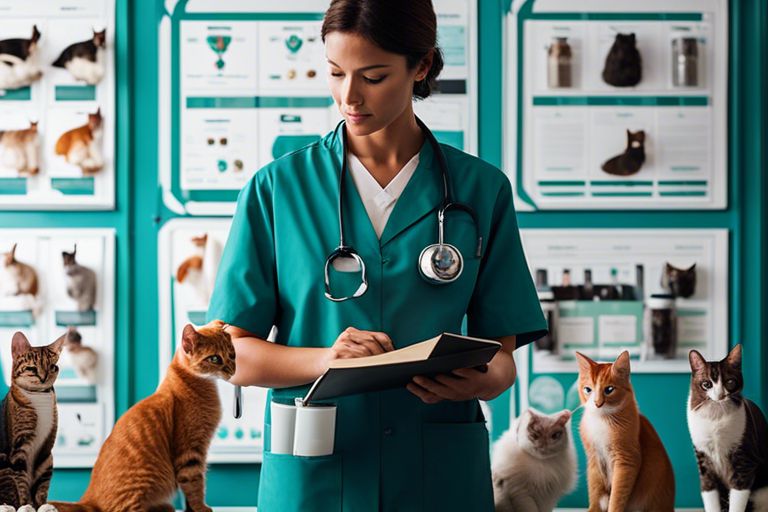
Aging and Senior Cat Care
How-To Adapt Your Cat’s Diet as They Age
Assuming your cat has transitioned into their senior years, it’s important to make adjustments to their diet to ensure they remain healthy and active. Older cats may have different nutritional needs than when they were younger, such as requiring more protein to help maintain muscle mass and less fat to prevent obesity. Consider switching to a senior cat food formula that is specially designed to support the aging process, including joint health and digestion.
Recognizing Signs of Aging and Adjusting Care Accordingly
With age, cats may start to show signs of slowing down. These signs can include decreased activity levels, changes in grooming habits, weight loss or gain, dental issues, and even cognitive dysfunction. It’s important to pay attention to these changes and adjust their care accordingly. Regular veterinary check-ups can help catch any age-related health issues early before they become serious.
It is crucial to be mindful of any shifts in your senior cat’s behavior or physical condition. If you notice any concerning changes, such as excessive drinking, urination, or difficulty moving, consult your veterinarian promptly. Early detection and intervention can greatly improve your cat’s quality of life in their golden years.
Tips for Maintaining Mobility and Health in Older Cats
- Ensure your senior cat has easy access to their favorite resting spots, such as cozy beds or warm blankets placed on lower levels to prevent accidents.
- Regular exercise, tailored to your cat’s abilities, can help maintain muscle tone and prevent obesity, which can worsen joint issues over time.
They may benefit from gentle play sessions or interactive toys to keep them mentally stimulated and physically active in a safe manner. Additionally, consider providing supplements such as Omega-3 fatty acids to support joint health and overall well-being in older cats.
Summing up
On the whole, understanding common cat health issues and how to prevent them is crucial for ensuring your feline friend lives a long and healthy life. By staying informed about prevalent health issues such as dental problems, obesity, and urinary tract infections, cat owners can take proactive measures to prevent these issues from occurring in the first place.
Regular veterinary check-ups, a balanced diet, plenty of exercise, and proper dental care are key components of maintaining your cat’s overall well-being. By being attentive to your cat’s health and providing preventive care, you can help your furry companion stay happy and healthy for years to come.
FAQ
Q: What are some common cat health issues?
A: Common cat health issues include dental disease, obesity, upper respiratory infections, and urinary tract issues.
Q: How can dental disease be prevented in cats?
A: Dental disease can be prevented in cats by regularly brushing their teeth, providing dental treats and toys, and scheduling dental cleanings with a veterinarian.
Q: What are the risks of obesity in cats?
A: Obesity in cats can lead to diabetes, arthritis, heart disease, and a shortened lifespan.
Q: How can obesity be managed in cats?
A: Obesity in cats can be managed by feeding a balanced diet, providing regular exercise, and monitoring food intake to prevent overeating.
Q: What are some ways to prevent urinary tract issues in cats?
A: Prevent urinary tract issues in cats by providing fresh water, feeding a balanced diet, keeping litter boxes clean, and scheduling regular check-ups with a veterinarian.
